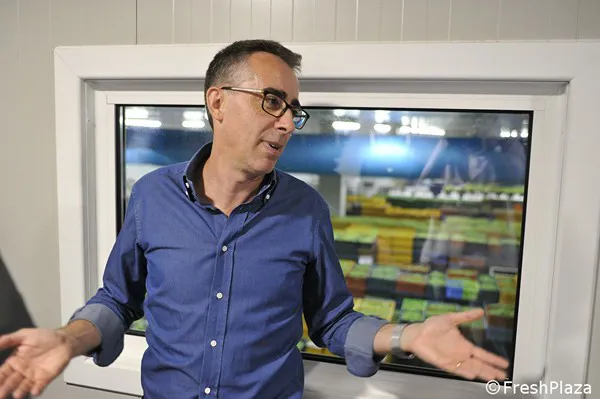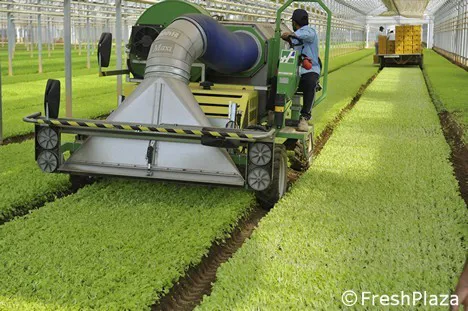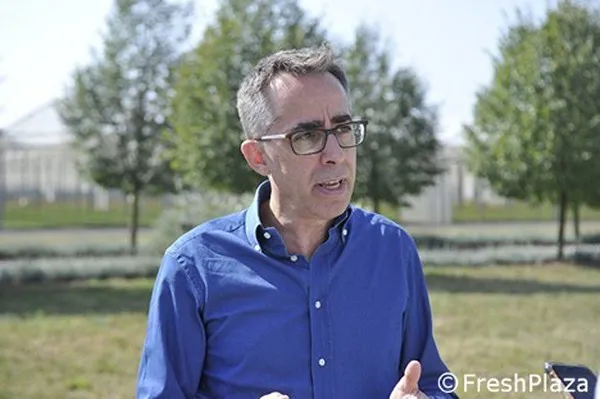"The year 2020 is certainly one to forget for the fresh-cut, but amidst the general downtrend there are those who have maintained their market share and those who have had small increases," said Andrea Montagna, president of the fresh-cut organization Unione Italiana Food IV gamma. "Those stores that offer a greater number of shelf labels and references of many brands, and not only the single-brand private labels at € 0.99, have contained the losses and someone has also sold more. The consumer is attracted by the possibilities of choice. In the United States, the fresh-cut sector increased during Covid because it was perceived as a guarantee of greater wholesomeness."
 Andrea Montagna, president of Unione Italiana Food IV gamma, in an archive photo
Andrea Montagna, president of Unione Italiana Food IV gamma, in an archive photo
Salads in bags, which represent 80% of the fresh-cut product sales, had limited their losses to 1.6% in November, but already dropped by 3.5% in December, due to new restrictions.
"Bowls, a typical dish for those who dine out, have dropped by 29%, compared to the rapid growth of recent years. It is obvious that, when the situation will return to normal, all these references will have the opportunity to make up for lost time."
 However, these days the crop is also a problem. The high temperatures in November have caused a premature ripening of lamb lettuce, with a loss of 25% of the product. It is likely that there will be a shortage of this product until mid-February.
However, these days the crop is also a problem. The high temperatures in November have caused a premature ripening of lamb lettuce, with a loss of 25% of the product. It is likely that there will be a shortage of this product until mid-February.
 "Despite the current situation, investments cannot stop. In the United States, the increase has continued also because of a longer shelf life. It is necessary to continue to invest in research in order to keep up and be ready once the much hoped recovery takes place".
"Despite the current situation, investments cannot stop. In the United States, the increase has continued also because of a longer shelf life. It is necessary to continue to invest in research in order to keep up and be ready once the much hoped recovery takes place".
